0.2.1 About the teachers of Fundamentals of Quantum Information
Course subject(s)
Module 0: Welcome to Fundamentals of Quantum Information

This course is authored by experts from the QuTech research center at Delft University of Technology. In the center, scientists and engineers work together to enhance research and development in quantum technology. QuTech Academy’s aim is to inspire, share and disseminate knowledge about the latest developments in quantum technology. Let’s introduce your teachers to you.
David Elkouss is Assistant Professor at the department of Quantum and Computer Engineering, Delft University of Technology.

Elkouss received a double masters degree in electrical engineering from Universidad Politécnica de Madrid (UPM) and Telecom ParisTech in 2005-2006 and a Ph.D. in computer science in 2011-2012 from UPM. His Ph.D. thesis in classical error correcting codes for the postprocessing of quantum key distribution was awarded the UPM extraordinary dissertation prize. In 2012, he moved to the Universidad Complutense de Madrid to work on quantum Shannon theory and more concretely on capacities of quantum channels. In 2015, he moved to TU Delft where he was part of the team that performed the first loophole-free Bell experiment. The aim of his group is to develop the tools, such as entanglement purification protocols, novel error correction codes, quantum network protocol benchmarks and quantum network
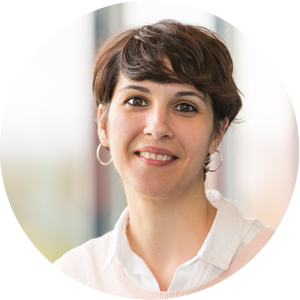
Carmen G. Almudever is Group Leader at the Quantum Computing Division of QuTech at Delft University of Technology.
She holds a PhD in Electronic Engineering from the Technical University of Catalunya (UPC BarcelonaTech), Spain. During her PhD she worked on “beyond-CMOS” devices as well as on novel reconfigurable architectures and dynamic computing systems. In 2012 she received a fellowship from Intel (Doctoral Student Honor Programme). In 2014 she joined QuTech at TU Delft to work on the definition and implementation of a scalable quantum computer architecture. She is currently one of the PIs of the Intel-Qutech collaboration and a co-PI of an Open Technology Program project (Dutch funding). Her research focuses on different aspects of the quantum computing stack including quantum programming languages and compilers, mapping of quantum algorithms, architecting and benchmarking of quantum computers, quantum error correction and fault tolerant quantum computation.
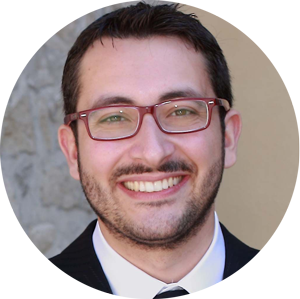
Fabio Sebastiano is Associate Professor at the department of Quantum and Computer Engineering, Delft University of Technology, and the research lead of the Quantum Computing division at QuTech.
He received his PhD from TU Delft in 2011. At NXP Semiconductors from 2006 to 2013, he carried out research on sensor read-outs and integrated references, before joining TU Delft in 2013. Currently, Sebastiano is pushing the state-of-the-art of electronic interfaces for quantum devices. His dream is to build the cryogenic electronic interface for quantum processors that will enable large-scale quantum computing.
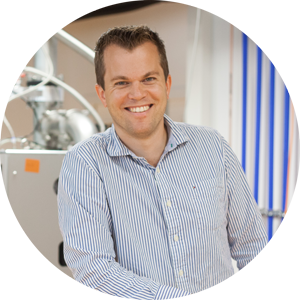 Menno Veldhorst is a team leader in the Quantum Computing division at QuTech and leader of QuTech Academy, Delft University of Technology.
Menno Veldhorst is a team leader in the Quantum Computing division at QuTech and leader of QuTech Academy, Delft University of Technology.
He received his PhD-degree cum laude in 2012 for his research on superconducting and topological hybrids at the University of Twente and was awarded the PhD Overijssel award. He then moved to the University of New South Wales in Sydney to work on quantum computation using silicon quantum dots. Highlights were the demonstration of single- and two-qubit quantum logic with record coherence times for quantum dot qubits, recognized by PhysicsWorld as one of the top-ten breakthroughs in physics in 2015. At QuTech, Veldhorst is working to realize extendable silicon qubit systems for large-scale quantum computation.

Gustavo Amaral is Assistant Professor at the Pontifical Catholic University of Rio de Janeiro currently on a leave of absence for his postdoctoral appointment at QuTech under the supervision of Ronald Hanson. Apart from being a passionate lecturer, Gustavo’s research interests include quantum optics, quantum communications, and quantum networks.
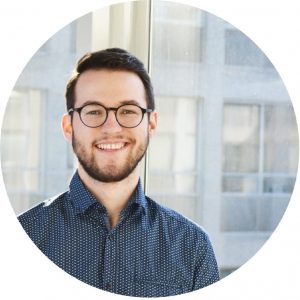
Florian Unseld is PhD student at QuTech, Delft University of Technology. He studied Communications Engineering and Electronic Engineering at the University of Applied Science Ulm and Edinburgh Napier University respectively. He received a masters degree at the Technical University Munich in 2020. During this time his interest shifted towards quantum computing. Leading to writing his master thesis on electrically floating quantum dots under Lieven Vandersypen supervision. Fascinated by this work, Florian Unseld decided to continue working at QuTech on quantum dots for his PhD.
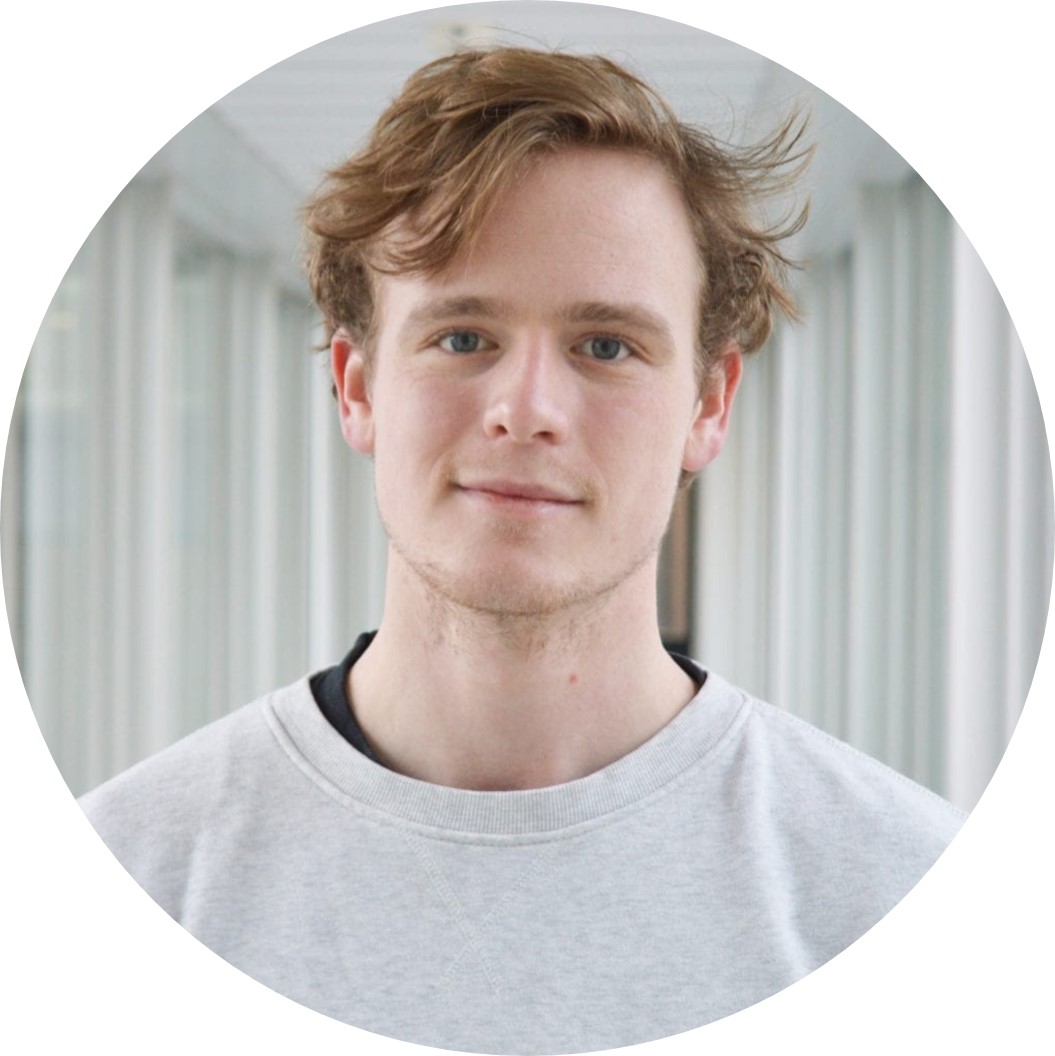
Arjen Vaartjes is Master student at QuTech, Delft University of Technology. He is currently working on his thesis at the Kouwenhoven lab in the qubit research
division. His thesis is about performing microwave spectroscopy experiments on Andreev bound states in nanowire Josephson junctions. These states appear in bound regions in between superconductors and could possibly be used as a new type of superconducting qubit in the future.

Fundamentals of Quantum Information by TU Delft OpenCourseWare is licensed under a Creative Commons Attribution-NonCommercial-ShareAlike 4.0 International License.
Based on a work at https://online-learning.tudelft.nl/courses/fundamentals-of-quantum-information/ /



